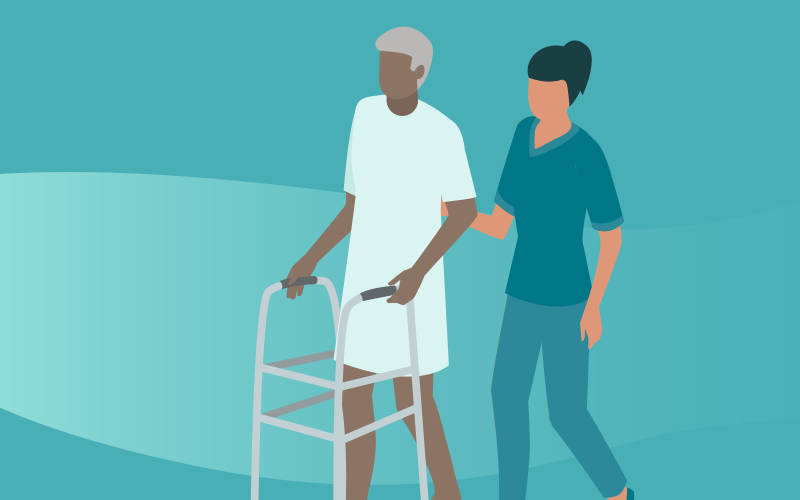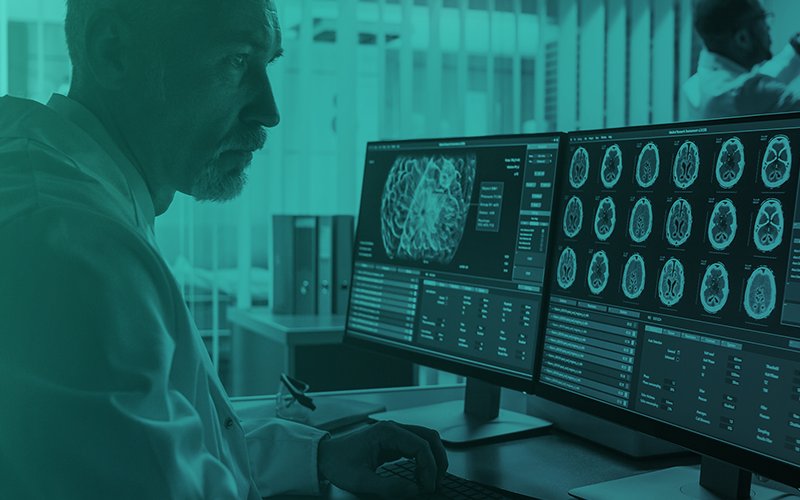
This course is designed for Healthcare professionals to gain a solid understanding of the Health Insurance Portability and Accountability Act (HIPAA), learn how HIPAA regulations apply to real-life scenarios, and learn how to implement standard practices. Employees will also discover additional regulations for the states of California and Texas.
Focusing on the five rules of HIPAA’s Administrative Simplification provisions, this self-paced course includes engaging audio narration, in-line quizzes, and a final exam to help you deepen your team’s knowledge of HIPAA so you and your organization can implement best practices.

How many medical terms are there? Probably too many to count and certainly too many to memorize, but once you understand how these words are formed, they start to feel a bit more manageable.
This course will give your team members an understanding of the parts of medical terms and how medical terms are formed. It will teach them some of the more important root words that are used in medical terminology. They’ll also discover helpful tools to use when they need to learn various kinds of information.

Not all patient falls are preventable—but most are. Hospitals around the country are proving that the right combination of technology, care processes, and focus can significantly reduce the number of falls, and more importantly, reduce the number of injuries to patients.
In this self-paced course, your team will learn about the causes and consequences of patient falls, the best practices for preventing predictable falls, and the proper care for a patient who has fallen. Learning checks are interspersed throughout the course and a 10-question cumulative assessment is included.

Learn about the types of pathogens, how to break the chain of infection, and OSHA regulations for infection control.
Infections: they’re common, spread easily, and can be fatal. With the rise of antibiotic-resistant infections, treating some infections is only getting more difficult. This means preventing and controlling the spread of infections is more important than ever.
In this self-paced course, your team will learn about the five types of pathogens, the chain of infection and how to break it, and US OSHA regulations for infection control in the workplace. The course culminates in a 10-question final assessment.

Medical technology sales representatives are required to keep high ethical standards. In relationships with healthcare professionals and others who have influence over product referrals and purchase, it’s essential that your team understand what is legal, ethical, and appropriate.
In this self-paced course, they’ll learn about the business and ethical standards covered in the AdvaMed (Advanced Medical Technology Association) Code of Ethics and the Anti-Kickback Statute. They’ll also learn about acceptable training programs and the criteria for providing grants.

Electricity powers nearly everything healthcare workers do. But electric current can be harmful, or even fatal, if proper precautions aren’t taken. This is especially true in a healthcare environment, where people are at their most vulnerable. Your team will learn about electrical safety and how to spot potential hazards. They’ll learn how to safely operate equipment and to recognize the symptoms of exposure to electricity.
This self-paced course includes knowledge checks and a final assessment to evaluate the learner’s knowledge of the course material.

Lifting and transferring patients is a common task for many healthcare workers. However, improper lifting and transferring techniques may result in harm to healthcare professionals or their patients.
In this self-paced course, your team will learn about the risks of improper lifting and transferring of patients. They’ll learn strategies to prevent injuring themselves or their patients. The course includes a 10-question final assessment.
The content of this course is relevant to healthcare workers who interact with patients in hospitals, clinics, home healthcare, hospices, and similar settings. It doesn’t address lifting and transferring practices for air medical evacuation workers.

Learn how to prevent exposure to bloodborne pathogens by using the proper protective equipment and handling methods.
Bloodborne pathogen safety is of the utmost importance for healthcare professionals. Using OSHA’s Bloodborne Pathogens Standards as a guideline, this course teaches best practices for reducing the risk of infection, using PPE properly, handling patient blood, completing post-exposure procedures, and reporting incidents.
This 30-minute course features engaging audio narration that creates an easy learning experience. Your team members will also find links to additional resources and further reading as well as knowledge checks and an assessment to test their understanding of the material.

Healthcare providers (HCPs) engage in a complex working environment and face many challenges. One of those challenges is being aware of the various federal laws that affect their work. It’s important for HCPs to be familiar with these laws because violating them can result in criminal or civil charges—or other risks.
In this self-paced course, HCPs will learn about some of the most important federal laws that govern them, through concise content and beautiful illustrations. The course culminates in a 10-question final assessment.








